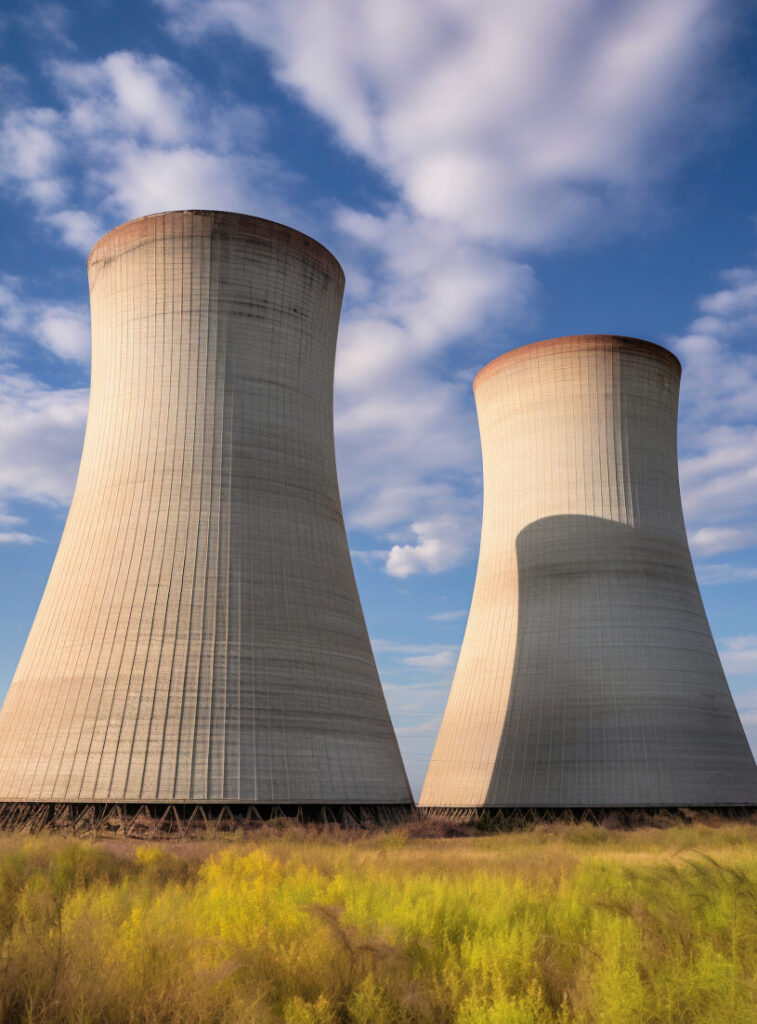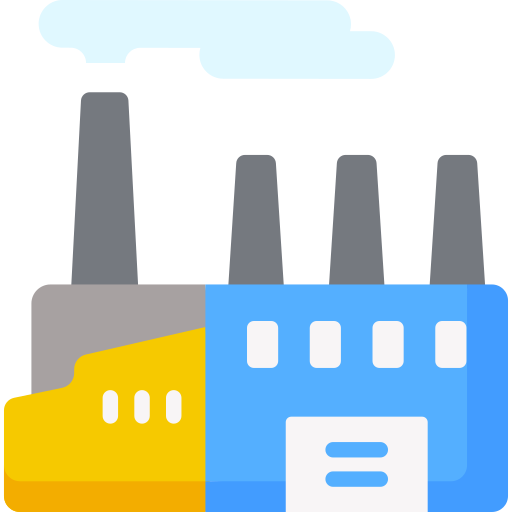Services
Orbit Offerings
As being a specialized Operation & Maintainance company, we offer following services to our clients
Comprehensive O & M

- Total customer support in Operation & Maintenance
- Domain experts for plant operation
- Need based OEMs/external agency services
- Consumable, chemicals and spares supply

Plant commissioning services

- Handholding in implemention SOPS, SMPS, and safety practices
- Operation management by ORBIT experts
- Guidance and training of field team
- Failure analysis
- Identifying potential areas of improvements with minimum or nil investment
- Automation services O & M Management
Plant improvement Program

- Customized suggestions for performance enhancement in station heat rate, auxillery power consumption and availability
- Plant health diognestic study
- Fuel combination study
- Failure analysis
- Identifying potential areas of improvements with minimum or nil investment
- Automation services O & M Management
O & M Management

- Handholding in implemention SOPS, SMPS, and safety practices
- Operation management by ORBIT experts
- Guidance and training of field team
Spares

- Compititive advantage through spares and materiel planning
- Quick turnaround for spares
- In house design capabilities for obsolete spares
Performance Guarantee Test

- Complete assessment of power plant
- Calibration and benchmarking against best in the industry
- Need based suggestion in improvement and modernization
Training Services

- Training covering all system of power plant
- Special training for handling emergency
- On site training

Power plant operators
Do you want to consistently improve and/or enhance the efficiency and availability of your plant? Are you seeking a partner for a cooperation on an equal footing? We are familiar with the challenges your business faces in all technologies. You can draw on our many years of experience, and working with you, we will find the appropriate optimal solution for solar, wind, biomass, natural gas, refuse waste or coal.
Here’s what we can do for you:
- We use professional engineering to extend the capacity of your systems.
- We enhance the flexibility and efficiency of existing facilities.
- We bring facilities up to the latest state of technology.
- We plan and update environmental systems.
- We make operation efficient.
- We use power plant simulators to train your operating staff.
- We minimise waste and optimise downtime.
- We ensure consistently economical plant operation.
- We operate your systems as if they were our own.
- We provide support during decommissioning.
All this of course while also guaranteeing environmental standards and using new, innovative tools.
Services across sectors
Our operation and maintenance services in a wide range of sectors reaches globally..

Cement
Cement manufacturing plants process limestone and other raw materials to produce clinker that is either ground to make finished cement or shipped to clinker-grinding mills that produce blended cement products. Cement is a key ingredient in concrete, mortar, and other building products.

Food
Food and beverage manufacturing plants transform raw food commodities into products for intermediate or final consumption by applying labor, machinery, energy, and scientific knowledge.

Pharma
The pharmaceutical and biopharmaceutical industry sector is comprised of companies engaged in researching, developing, manufacturing, and distributing drugs.

Metal
integrated steel mills which convert liquid pig iron into liquid steel with a converter, and cast this steel with a continuous casting machine or in ingots molds. The other type of steel mills melt scraps with an electric arc furnace, and cast the steel.

Paper
The pulp and paper industry, which makes products such as office and catalog paper, glossy paper, tissue and paper-based packaging



Oil & Gas/Petrochemical
Oil and gas production is a multi-stage entire process of discovering a resource, transporting it to a refinery, and turning it into a finished product ready for sale. Or, in industry terminology, upstream, midstream, and downstream segments.

Textile
A textile mill is a factory or facility that produces textiles from yarn or fabric into usable textiles.

Solar
A solar panel is actually a collection of solar (or photovoltaic) cells, which can be used to generate electricity through photovoltaic effect.

Sugar
A sugar cane mill is a factory that processes sugar cane to produce raw sugar or plantation white sugar. Some sugar mills are situated next to a back-end refinery, that turns raw sugar into (refined) white sugar.

Chemical
A chemical plant commonly has usually large vessels or sections called units or lines that are interconnected by piping or other material-moving equipment which can carry streams of material.

IPP
Independent Power Producer. An IPP refers to a producer of electrical energy (power plant) that is not a public utility but which makes electricity available for sale to utilities or the general public. An IPP is also referred to as a Non-Utility Generator (NUG).

Breweries & Distilleries
A distillery produces alcohol and beer is brewed in breweries. Molasses, grains and malt wash are distilled to obtain the spirit, which is redistilled, compounded, blended, processed and diluted to produce different kinds of Indian Made Liquors and other intoxicants.
continously evolving programs
Thermal Power Plant
Presence of boilers contribute
In a Thermal Power Plant, boilers play a crucial role in the energy generation process. These specialised vessels are designed to efficiently convert water into steam, which becomes the driving force for turbines connected to generators. The heat produced by burning fossil fuels or using other heat sources is transferred to the water within the boiler, creating high-pressure steam. This steam, in turn, powers turbines to generate electricity. Therefore, the inclusion of boilers is integral to the overall efficiency and performance of a Thermal Power Plant, making them a vital component in the energy production landscape.
Thermal power plant are the most common type of power plant in the world, accounting for about 60% of global electricity generation. They are used to generate electricity from a variety of fuels, including coal, natural gas, oil, and nuclear power.




